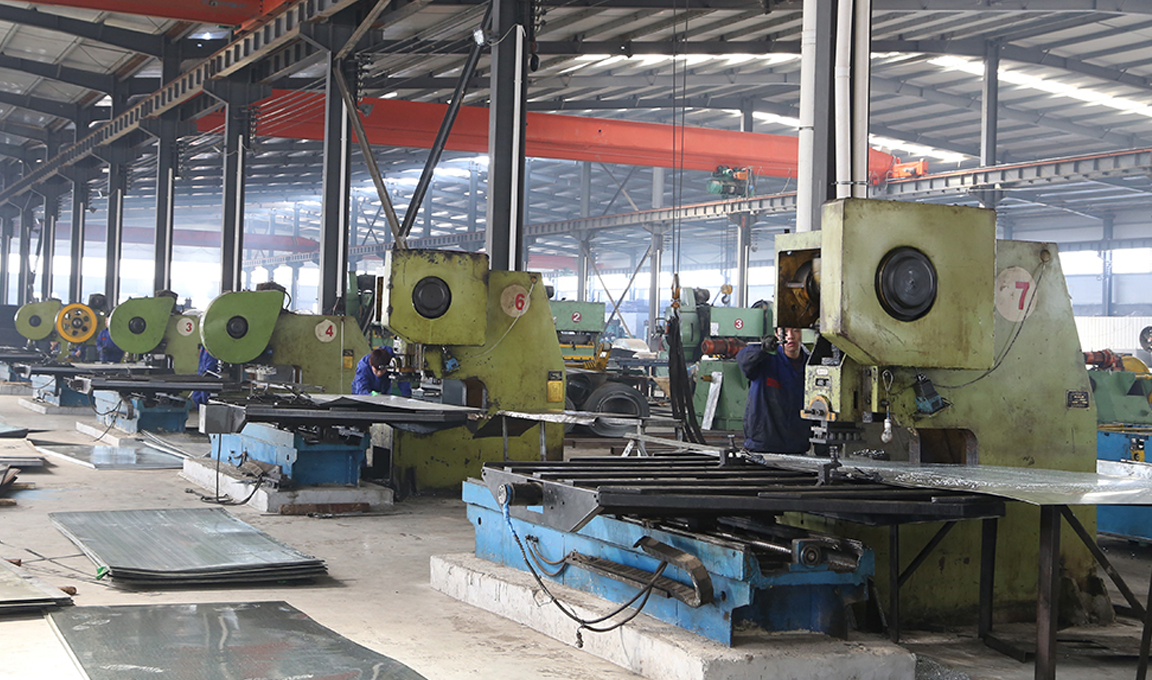Do Acoustic Fences Work?
In an increasingly noisy world, the quest for peace and tranquility is becoming more pressing. As urban environments expand and develop, noise pollution from traffic, construction, and industrial activities often encroaches on residential areas, affecting the quality of life for many people. To combat this issue, acoustic fences have emerged as a popular solution. But do acoustic fences actually work? Let’s explore the effectiveness, types, and advantages of using them.
Do Acoustic Fences Work?
The primary function of an acoustic fence is to block and absorb sound waves. When sound waves encounter a solid barrier, they can be reflected, diffused, or absorbed. Acoustic fences are engineered to maximize absorption and minimize reflection. For optimal performance, the design, height, and materials used are crucial factors to consider. Taller fences tend to offer better sound reduction, especially if they are constructed with materials specifically designed to absorb sound.
do acoustic fences work

Numerous studies and field tests have demonstrated that acoustic fences can significantly reduce noise levels. For example, a well-designed fence can lower noise pollution by 10 to 20 decibels, which corresponds to a noticeable reduction in perceived loudness. In residential areas, this can mean the difference between a peaceful backyard and one that is constantly interrupted by the sounds of passing vehicles or construction work.
Another aspect to consider is the location and installation of acoustic fences. They need to be strategically placed to be most effective, ideally positioned between the noise source and the sensitive area (e.g., a home or garden). In addition, the ground elevation can impact their performance; therefore, building the fence on a slight rise can enhance its noise-blocking capabilities.
While the benefits of acoustic fences are clear, they are not a panacea for all noise-related problems. Their effectiveness can diminish depending on the frequency and intensity of the noise. Lower frequency sounds, such as those from heavy machinery or traffic rumble, may still penetrate the barrier. Therefore, for areas facing significant noise pollution, it may be beneficial to combine acoustic fences with additional soundproofing measures, such as landscaping with trees and shrubs.
In summary, acoustic fences can be an effective solution for mitigating noise pollution when properly designed and installed. They serve as a valuable asset for homeowners seeking relief from unsightly and disruptive sounds. While they may not entirely eliminate noise, they can significantly reduce its impact, fostering a more serene living environment. As urban populations continue to grow, the demand for such innovative solutions is likely to increase, making acoustic fences an essential consideration for modern sound management strategies.
-
The Best Metal Mesh Solutions: Expanded Aluminum Metal vs. Expanded Stainless Steel Metal
NewsSep.10,2024
-
Round Perforated Sheets vs. Hexagonal Perforated Sheets vs. Embossed Perforated Sheet Metal
NewsSep.10,2024
-
Perforated Metal Sheets
NewsSep.10,2024
-
Experience The Excellence Of Stainless Steel Grating
NewsSep.10,2024
-
Discover the Versatility Of Metal Mesh Expanded Forming Machines
NewsSep.10,2024
-
Discover The Advantages Of Steel Grating For Sale
NewsSep.10,2024
Subscribe now!
Stay up to date with the latest on Fry Steeland industry news.

